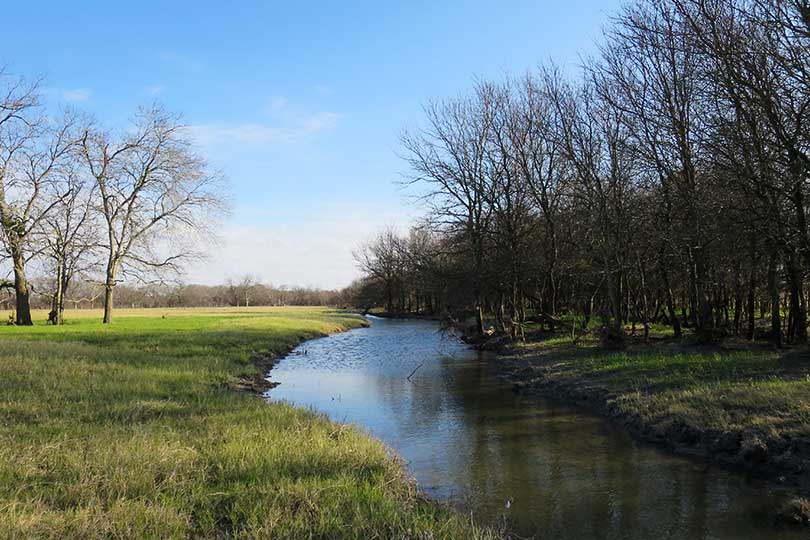The U.S. Supreme Court this week issued a ruling in the Sackett v. EPA case, siding with private property rights and limiting the scope of the Clean Water Act.
The ruling confirms that the U.S. Environmental Protection Agency (EPA) overstepped its authority under the Clean Water Act.
“The ruling by the U.S. Supreme Court is a tremendous victory for private property rights and for farmers and ranchers in Texas and across the nation,” Texas Farm Bureau President Russell Boening said. “The EPA overstepped its authority. This case represented blatant overreach by a federal agency that willfully disregarded the property rights of landowners in its application of the Clean Water Act. This issue has been a focus for many years, and it’s gratifying to see the rights of landowners protected and the authority of government reined in by the Court’s decision.”
The Sacketts, Idaho landowners, challenged EPA in federal court when the EPA prohibited them from building a home on their property near a wetland.
The nation’s highest court adopted a stricter limit on which wetlands come under the law’s jurisdiction, setting sharper parameters for the Clean Water Act’s enforcement nationwide.
“Wetlands that are separate from navigable waterways cannot be considered part of those waters, even if they are located nearby,” according to the majority opinion written by Associate Justice Samuel Alito.
Under the opinion, the Clean Water Act’s authority extends only to wetlands that are “indistinguishable” from waters of the U.S., such as rivers or lakes.
In order to determine jurisdiction, the ruling states that federal regulators must establish “the wetland has a continuous surface connection with that water, making it difficult to determine where the ‘water’ ends and the ‘wetland’ begins.”
“The justices respect private property rights. It’s not time for the Biden administration to do the same and rewrite the Waters of the United States rule,” American Farm Bureau Federation President Zippy Duvall said Duvall said. “Farmers and ranchers share the goal of protecting the resources they’re entrusted with, but they deserve a rule that provides clarity and doesn’t require a team of attorneys to properly care for their land.”
The decision likely means the EPA and Army Corps of Engineers will have to re-examine the rule that went into effect in March for many of the states.

